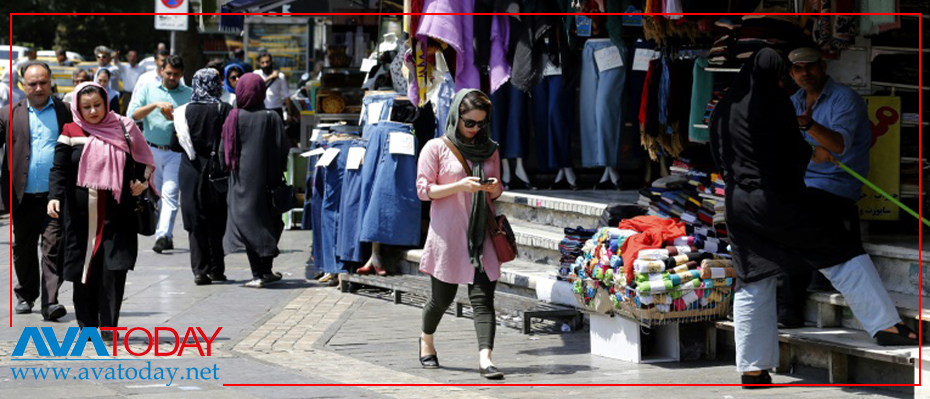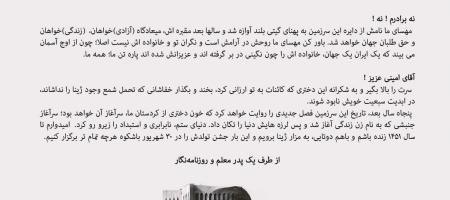
While Iranian officials claim that the US sanctions on the country has no impact, the working class especially in public sector say they are struggling with high rate of inflation and economic crisis.
A number of workers talked to Avatoday on the harmful consequences of the sanctions, which are worse than expected due to the high level of corruption and the regime’s luck of efficiency and management.
“Our life is really affected by the sanctions. My job contract was made when the exchange for one US dollar was only 3,300 Toman. Now it reached 15,000 Toman while our salary is the same,” a health employee in public sector talked to Avatoday in condition of anonymity.
“The salary is hardly enough for the half of a month and we even receive it late. The situation is getting difficult to stand,” he added.
Washington has re-imposed oil and financial sanctions against Tehran early hours on Monday, hoping to change the Islamic Republic’s regional and international behavior.
The sanctions came as a part of US president Donald Trump’s new approach to Iran. He pulled out of the 2015 Iran Nuclear deal in May, called the deal “worst ever” agreement.
A report by WAR is BORING (WIB) published on November 7th shows that Iran is continuing on its missile programs despite US sanctions and international disapprove of Tehran’s military development.
Iran is also criticized locally for high rate of corruption and mismanagement among the top officials. The Iranian regime is spending billions of their money in regional wars especially in Syria and Yemen.
“In this situation, we are unable to take care of the family’s needs. We are suffering from discrimination and corruption,” another worker told Avatoday on Thursday.
While the Iranian authorities say that the sanction has no impact, hundreds of domestic factories have been shut down, and tens of foreign companies left Iran the beginning of sanctions in May.
Thousands teacher boycotted teaching classes in October for two days to show their anger over low budget, provided to Iran’s Ministry of Education, the arrest of teachers who were protesting against the country’s failing education system by security forces, unfair and low salaries, and lack of facilities in the Iranian schools.
“Teachers are living under the poverty line because the salaries remain the same while the price of every product is increasing sharply,” a teacher said, suggesting that the solution for the teachers are to join the strikes over the financial crisis and the government’s lack of efficiency to manage the crisis.
Hundreds of domestic factories have been shut down, and tens of foreign companies left Iran since May as sanctions reimposed by US.














